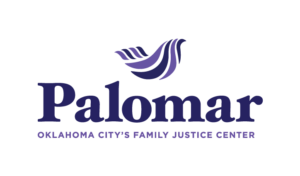NonDoc: ‘Dream big’: City hears first set of MAPS 4 proposals
By Matt Patterson
Published: July 10, 2019

Click here to read the story!
In a series of presentations Tuesday, Oklahoma City residents got their first detailed look at ideas that could find their way onto a ballot for MAPS 4 later this year.
Topics covered in the five-hour session included Palomar Family Justice Center, improvements to parks, bike lanes and streetlights across the city.
Presentations will continue through this month and August. The OKC City Council will eventually whittle the list down for a final MAPS 4 package. Voters could decide its fate in December.
Palomar presentation well received

The future of Palomar, the city’s family justice center, took center stage to open the public meeting. Based in Midtown, Palomar provides a range of services for those affected by sexual abuse and domestic violence.
Executive director Kim Garrett said the organization needs more space and other amenities to better serve its mission. Proposals call for the creation of a healing center for grief counseling, psychiatry and individual and group treatment.
Palomar also hopes to expand its animal advocacy with emergency veterinarian care and kenneling. Garrett said that in many families where physical abuse is present, animals in those settings are also often abused.
Other needs include a chapel, training center and the ability to offer integrated medical services.
Garrett said the organization would prefer to stay in Midtown and that doing so would ultimately save money. She estimated that the expansion proposal would cost about $37 million if Palomar could remain in Midtown while relocating for the expansion would cost about $43 million because of the need for land acquisition and a parking structure.
“We would really prefer to stay in Midtown,” Garrett said. “We have had a lot of positive feedback from survivors about that location.”
Garrett argued that for every $1 in MAPS money spent by the city, it would receive more than $12 in long-term return. Garrett said those who are exposed to physical and emotional abuse or sexual abuse are more likely to smoke, become involved in crime and face enhanced risks for developing substance abuse problems later in life.
Garrett’s presentation was well received by several members of the council, including Ward 2 Councilman James Cooper who recalled his own childhood growing up in a home with an abusive father.
“The service you provide is critical, and I want to add my face to the group of people who have experienced this trauma and who have survived it,” Cooper said.


